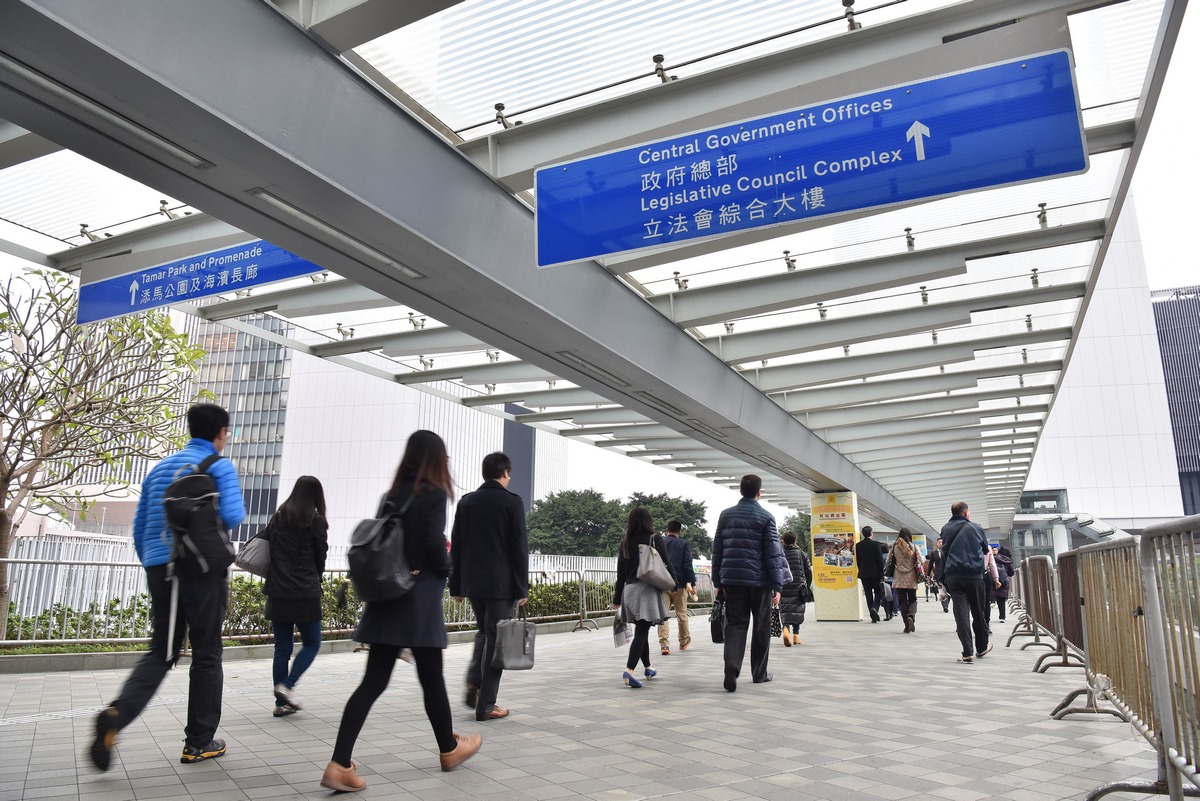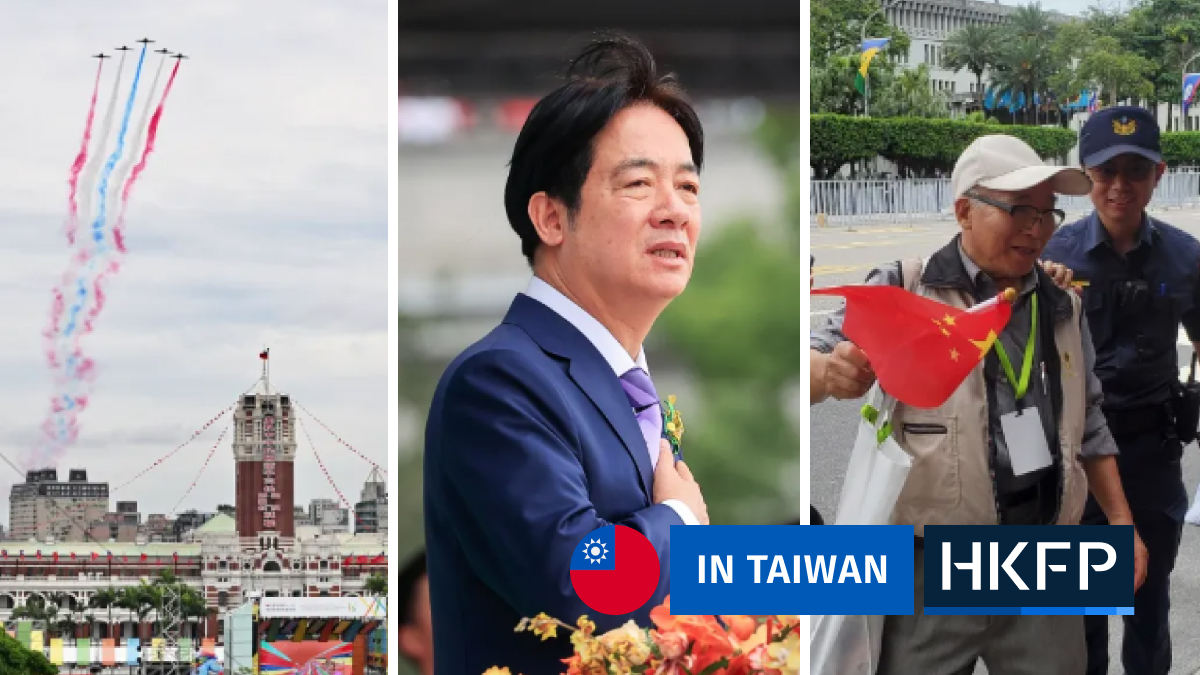More than 900 civil servants resigned in the span of three months last year, a document submitted to the Legislative Council has revealed. According to the same document, the government department with the most vacancies was the Hong Kong Police Force.
Between April 1 and June 30, 944 people quit the civil service, amounting to a resignation rate of 0.54 per cent, according to a document submitted by the Civil Service Bureau to the legislature on Thursday.

As of March 31, the police had 6,312 vacancies, making it the only department with over 1,000 openings.
Another four departments had large numbers of vacant posts: the Food and Environmental Hygiene Department with 949 spots, the Education Bureau with 815 spots, the Correctional Services Department with 609 spots, and the Housing Department with 562 spots.
‘Expected resignation wave’
Leung Chau-ting, chairperson of the Hong Kong Federation of Civil Service Unions, told HKFP on Friday that the “resignation wave” was “expected,” and that civil servants faced increasing pressure from both the public and their superiors.
“There is already not enough manpower, and their superiors are pushing for improved performance, while the public does not understand the increased pressure placed on civil servants,” said Leung.
The union chairperson also attributed the increasing stress to the chief executive’s new initiatives, including the launch of key performance indicators (KPIs), and an emergency mobilisation protocol.

While the government promised that lower-level civil servants would not be included in the KPIs, complaints from workers had shown otherwise, Leung said.
Government workers also had to work overtime, and could be deployed during days off, said the union chief, adding that this mobilisation protocol “scared people to death.”
“When it’s your turn to be deployed, you cannot say no. If you say no, you face disciplinary action, it’s scaring people to death,” said Leung. “If you’re called, whether it’s birthdays or banquets, you cannot attend those at all.”
It was also more difficult for the disciplined forces to recruit as people were cautious of the danger that might come with the job, said Leung.
As for the Education Bureau, the federation chief said the majority of vacancies were teachers.
“With the implementation of the national security law, [teachers] are under great pressure in terms of teaching, especially with patriotic education and the understanding of the country’s system,” Leung said.

“Because they won’t know if anyone around them will complain about them, that their teaching is problematic. They would have to bear the full responsibility, and might even lose their teaching qualification,” Leung said, adding that this might put teachers off the public education system.
The Education Bureau published new guidelines for teachers requiring them to have a “correct understanding” of the Beijing-imposed national security law last month.
Teaching staff were also told to report to the school management, the police or relevant departments if they receive any information that might be illegal or “violate the moral standards commonly accepted in society,” or if they uncover any potential illegal activities.
Those who fail to comply with the new rules could face permanent disqualification, if the complaints against them were found to be true, the bureau said.
Support HKFP | Policies & Ethics | Error/typo? | Contact Us | Newsletter | Transparency & Annual Report | Apps
Help safeguard press freedom & keep HKFP free for all readers by supporting our team

LATEST FROM HKFP
HKFP has an impartial stance, transparent funding, and balanced coverage guided by an Ethics Code and Corrections Policy.
Support press freedom & help us surpass 1,000 monthly Patrons: 100% independent, governed by an ethics code & not-for-profit.










